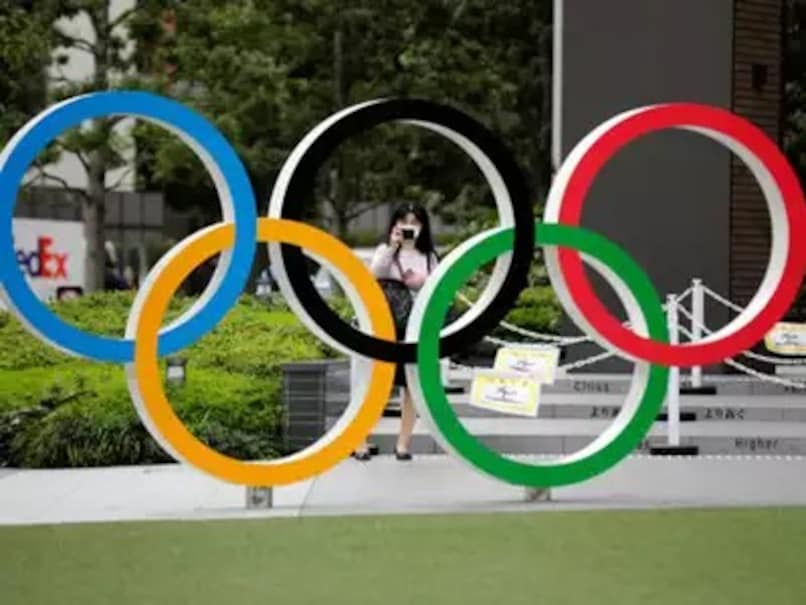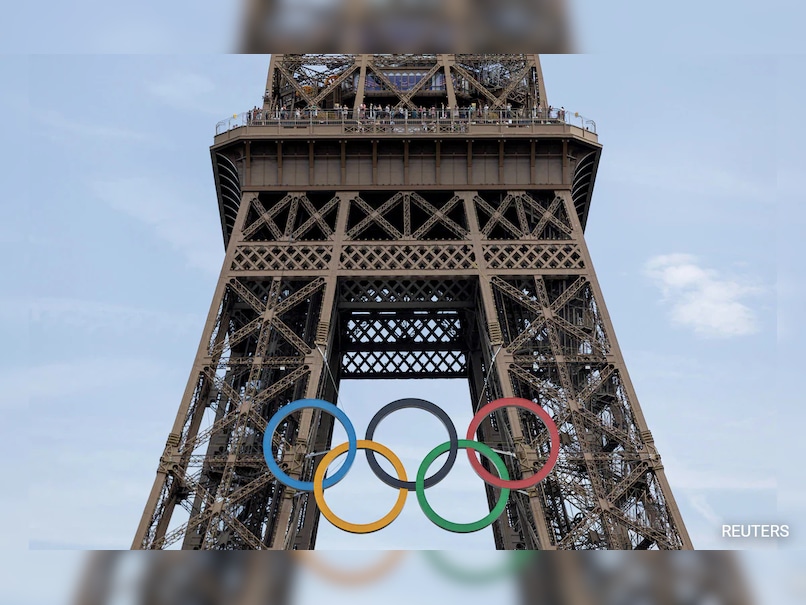Paris Olympics Swelters in Extreme Heat, Storm Alert Issued
The Paris Olympics, which commenced with torrential downpours during the opening ceremony, faced a stark contrast on Tuesday as temperatures soared to a scorching 35 degrees Celsius. Adding to the meteorological turmoil, France’s meteorological service issued a major storm alert for the capital, warning of potential thunderstorms, heavy rain, hail, and lightning in the evening.
The anticipated return of wet weather may provide some respite for athletes, spectators, and officials who endured the relentless heat throughout the day. A report released last month, backed by climate scientists and athletes, had raised concerns about the dangers posed by extreme high temperatures. Paris has experienced a series of record-breaking heatwaves in recent years.
At Roland Garros, where Rafael Nadal and Carlos Alcaraz competed in men’s doubles, stadium announcers advised tennis fans to seek refuge from the scorching heat in cooler areas of the grounds. British player Jack Draper described the conditions as “brutal,” lamenting the inability to keep water cool despite being provided with refillable bottles. “We were drinking hot water out there,” Draper said after his defeat to Taylor Fritz of the United States. “It’s not fun in those sort of conditions at all.”
Tennis officials implemented a heat protocol, allowing a 10-minute break between the second and third sets. The stark contrast with Friday’s opening ceremony, which was marked by heavy rain and cooler temperatures, was not lost on German hockey player Christopher Ruehr. “It was a big, big step from the past days where it was raining and 20 degrees,” said Ruehr after scoring in a victory over South Africa. “But everyone has to cope with that, and now we’re going to have an ice bath.”
British equestrian Carl Hester emphasized the importance of keeping horses cool during the competition at the sun-drenched Chateau de Versailles. “If you’re really thinking about your horse, you warm up in the covered arena to keep the sun off them and then you just come out for the performance,” he said.
Spectators at open-air events faced similar challenges, despite some venues providing lamppost-like devices that offered a weak shower-like spray of water. At a fan zone in the heart of the capital at the Hotel de Ville, visitors fanned themselves with whatever they could find and welcomed the occasional light sprays of water.
Despite the heat, spectators remained enthusiastic about the sporting spectacle unfolding on the screens. Brazilian tourist Enzo Calgano, 30, said, “At the end of the day, the Olympics are more important than the hot weather.” Gabriela Rincon, a 34-year-old Mexican tourist, agreed, saying, “The truth is that there’s a great atmosphere and it’s worth it.”


